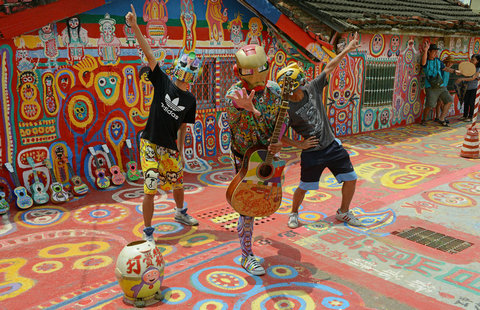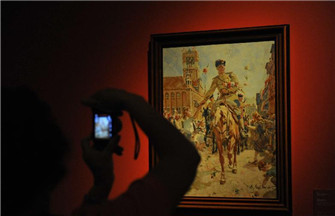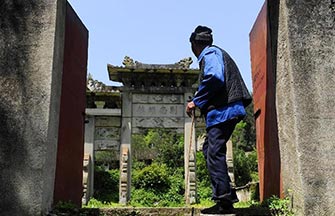Hou's mainland movie debut splits viewers
By Xu Fan ( China Daily ) Updated: 2015-09-03 07:36:31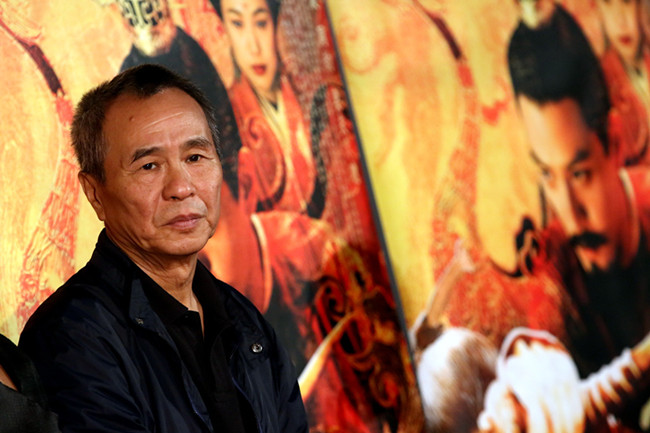 |
|
Taiwan director Hou Hsia-hasien's first wuxia title, The Assassin, has become a controversial movie on the mainland. [Photo by Jiang Dong/China Daily] |
Never pursuing commercial success, Hou was inspired to adapt a Tang Dynasty (AD 618-907) legend into a giant-screen title back in the 1980s. Convincing investors to spend 90 million yuan on the notion was one of the largest difficulties, and then it took Hou eight years to write and shoot the production.
Most of the time, the crew was "awaiting the movement of clouds and flying birds", says Taiwan actress Shu Qi at a recent Beijing news conference. That may explain both the slow pacing and extraordinary beauty that impressed most of the viewers contacted by China Daily.
Though some say they found it a bit hard to understand the few dialogues written in ancient Chinese, the epic visual effects make every second look like a spectacular ink painting that commands attention.
The story, inspired by a 1,700-character novella, follows a killer assigned by his nun master to murder a political figure, also her first lover. Nie Yinniang, the protagonist role, switches sides to protect her assassination target after she figures out the land's peace and stability need its ruler, even if he is ruthless.
Shu opens her mouth four times and speaks nine lines through the whole film, which has around 100 lines in all.
One netizen on Douban.com, a popular online review site, says "having characters drink tea, comb hair or ponder during the gaps" in the dialogue makes it hard to understand the storyline and characters' relations.
It may be simpler to understand the storyline if you take a sneak preview of the script, widely circulated online. Then you can simply savor the beauty of the long takes, as suggested by many critics.
Hou seems prepared for the questions and confusion.
"My movies are shot for those who want to watch them. When it was screened during the Cannes film festival, many French moviegoers love it, though they might not have understood the tale," Hou told Beijing reporters on Aug 23.
In the movie, a prince tells Nie a legend about a lonely bird dancing to death with its reflection in the mirror - now widely taken to be the theme Hou wants to convey and also a biographical metaphor of himself.
|
|
|
|
|
|
|
|
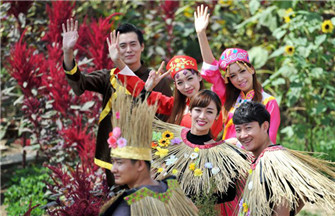
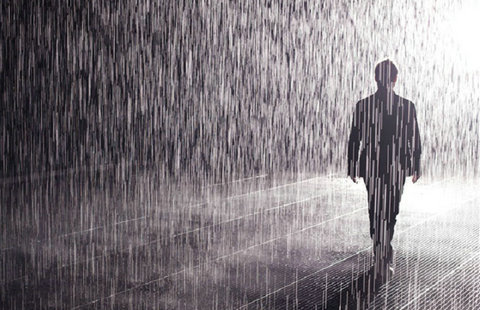
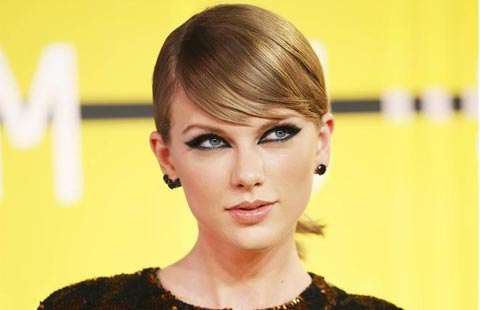

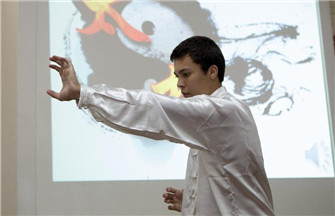

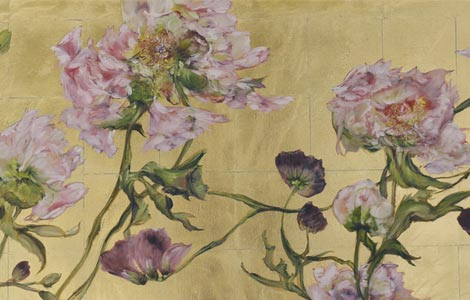
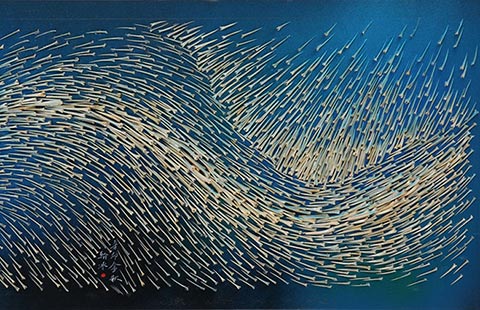
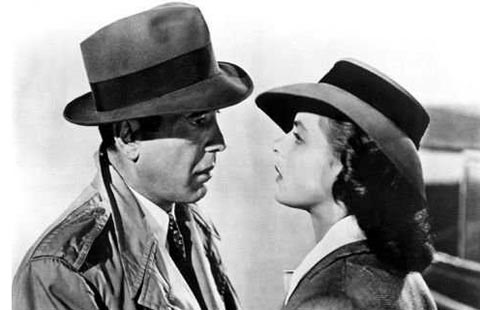


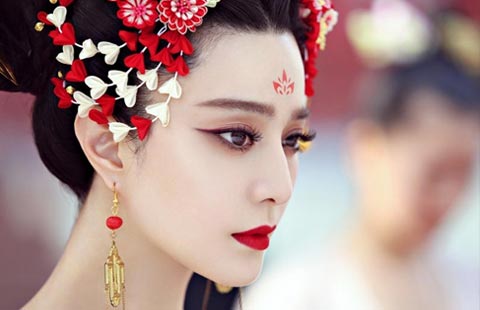







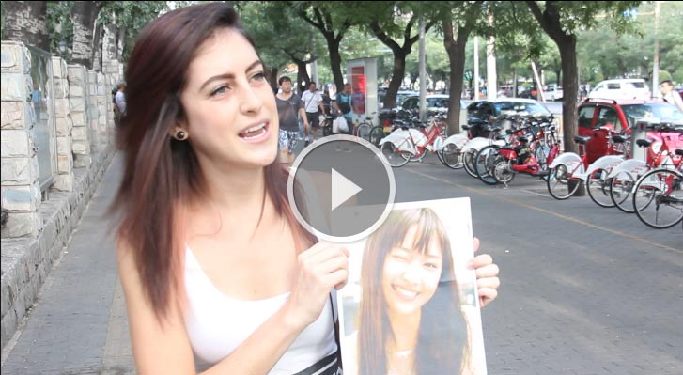
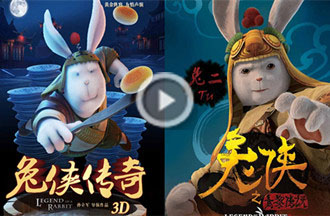
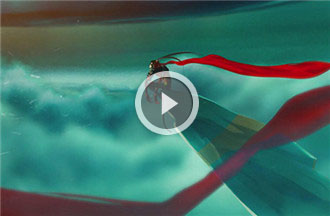
 Raymond Zhou:
Raymond Zhou: Pauline D Loh:
Pauline D Loh: Hot Pot
Hot Pot Eco China
Eco China China Dream
China Dream China Face
China Face
